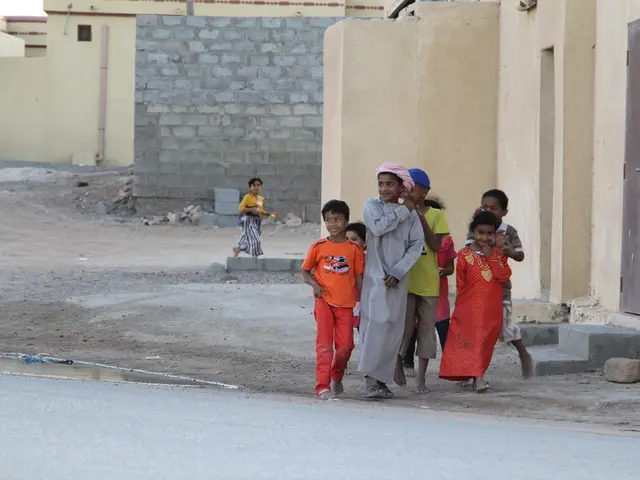Mental Health Care Barriers Affect Marginalized Groups in US
Mental health care in the United States faces significant barriers for several historically marginalized groups. These obstacles often lead to worse mental health outcomes and disparities in care.
Key barriers include high costs and lack of health insurance, limited local services, distrust in healthcare, racism and discrimination, language barriers, and stigma. Older people of color and LGBTQIA+ individuals are particularly affected. Stigma is higher among ethnic minorities, deterring people from seeking help. Culturally incompetent services exacerbate these issues. Research shows people from racial-ethnic minorities are less likely to start or continue mental health treatment. Improving cultural competency is crucial to enhance access and outcomes. Prominent institutions like the NIH, universities, and experts like Dr. Edward C. Chang and Dr. Michelle Cleveland are working to improve cultural competence among mental health providers serving these populations. However, racism in healthcare also contributes to disparities, with medical students and psychiatrists more likely to associate certain conditions with specific racial groups.
Addressing these barriers is essential to ensure equitable mental health care for all. Improving cultural competency, increasing access to affordable care credit, and tackling racism in healthcare are key steps towards achieving this goal.








